All Articles
Learn how to become more knowledgeable about wilderness survival, medicine, and more.
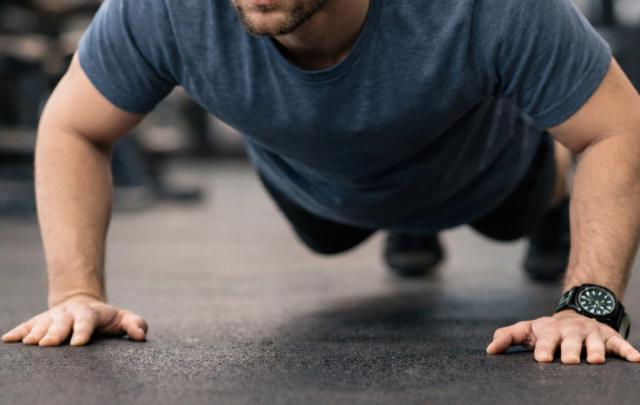
Learn how to achieve your goals anytime—without relying on New Year’s. Small steps, consistency, and resilience at any time of the year can lead to lasting success.
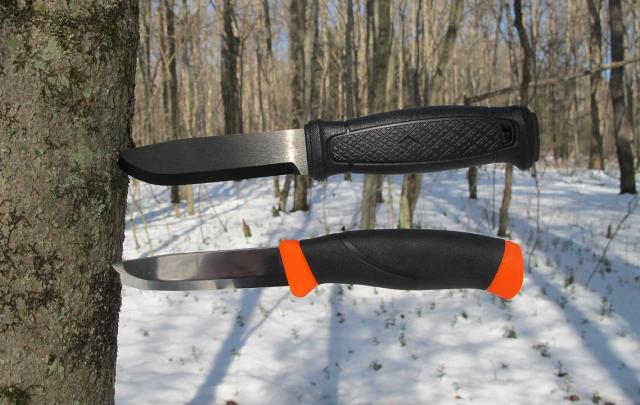
A knife is key to any survival kit or go-bag. Choosing the right one can be daunting. Here are some considerations on how to choose a survival knife.
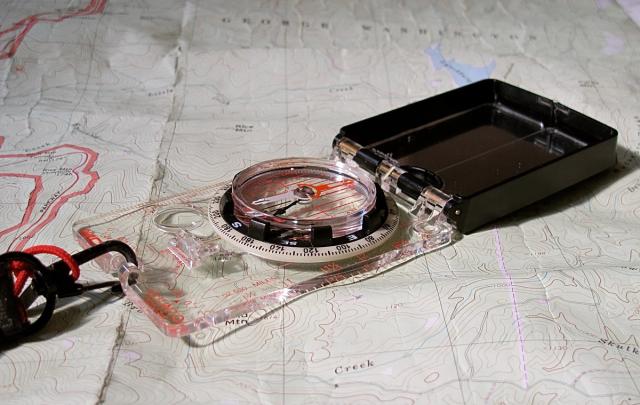
Major Mike Sadler passed away this month, aged 103 years. This British Army officer from the Second World War lived an extraordinary life.
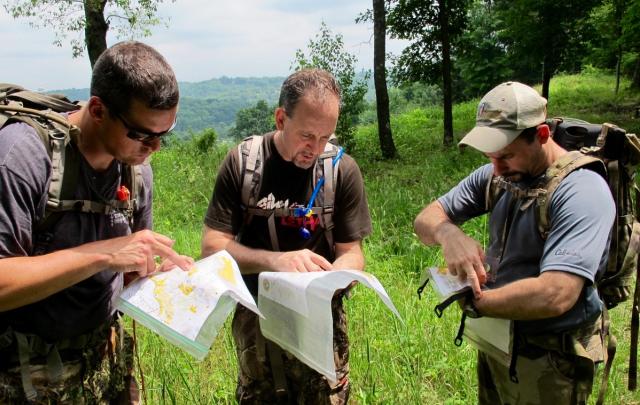
If you spend any amount of time outdoors, whether for work or at play, then having easy access to a map is important. It will help you, not only to get the most out of your adventures or job, but to do so more safely and productively.
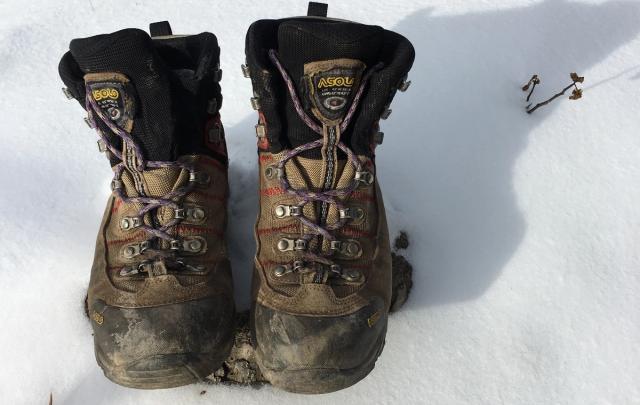
After arriving at the trailhead earlier this week, the first thing that I did (as usual) was to take off my street-shoes and swap them with the hiking boots that I store in the rear of my Jeep.
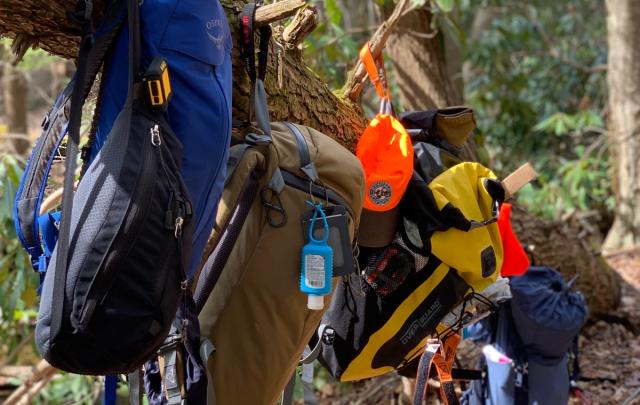
In the last ten days, there were two search and rescue missions reported in the national news. This, in and of itself, is by no means remarkable, as I see at least a dozen such incidents reported each week alone as I scan headlines online.
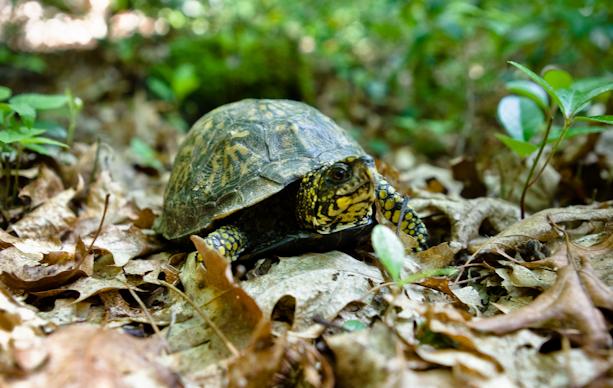
One piece of gear that I believe that you should get in the habit of carrying with you during your outdoor adventures in any remote or reasonably remote location - especially where you’re out alone - is Bear Spray.
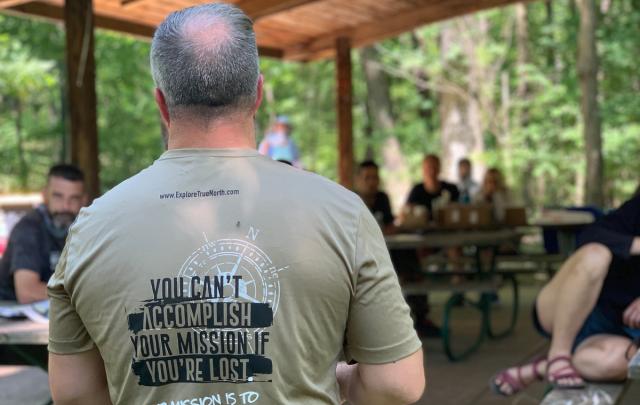
Even if you are really skilled at using a map and compass, sometimes finding your intended destination can be a challenge. So, I’d like to share with you a really useful tool called Boxing Out.
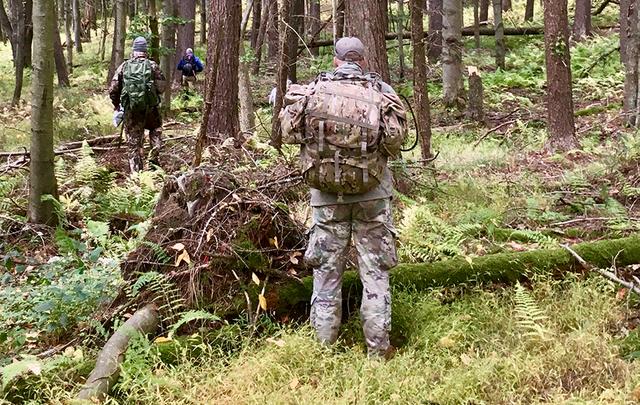
Over the years, the most common concern that our military clients have expressed to us at True North is their ability to pass the land navigation component. It may arguably be one of the top reasons for failing SFAS or SFQC.
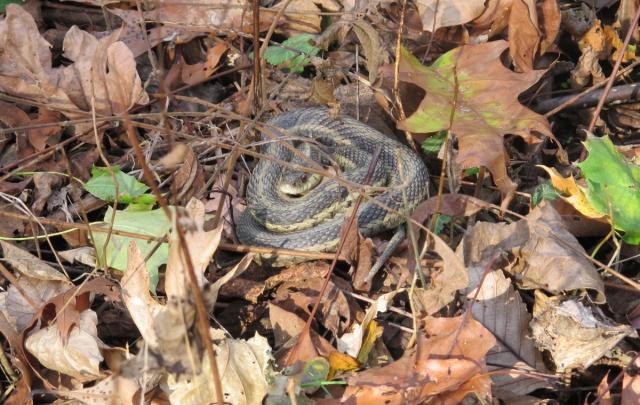
Before you attempt to help a victim of snakebite, don’t just blindly rely on collective wisdom, what is shown on television, or what you spot on a store shelf. Instead, take a wilderness first-aid course, learn the facts, and continue to study.
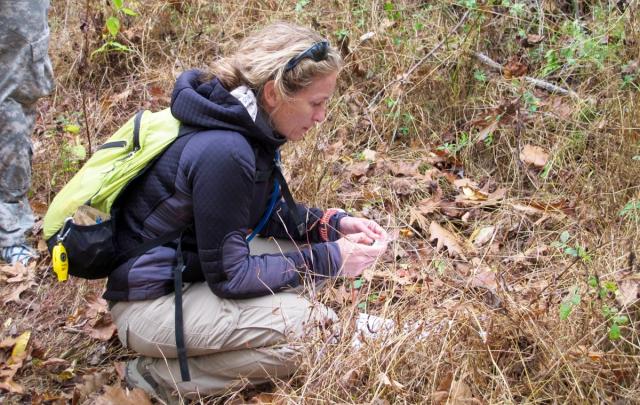
The essence of being able to navigate in the outdoors with only a map and compass is easy, but in practice it’s a bit more difficult. For example, you typically need to adjust for magnetic declination when setting a bearing. But fully understanding this concept can take some mental effort, and finding the most current setting for your location can be harder.
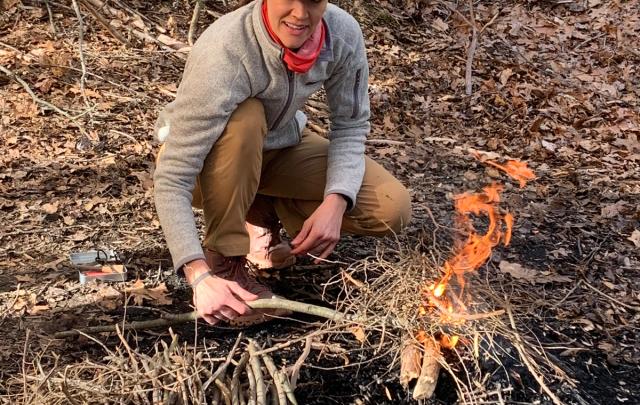
What do you do in an emergency situation when you are miles away from a hospital and have no cell service? In any emergency situation, signaling is one of your seven survival priorities. You should be prepared at all times to “reach out and touch someone” when the need arises.
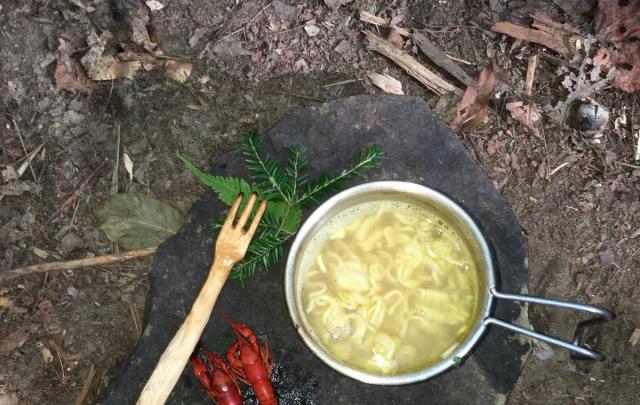
One of the most common questions that I am asked during my survival courses and lectures: “Is it okay during a survival situation to drink my urine?” Let me share the brief medical explanation of why you shouldn’t resort to drinking your pee in a survival situation.
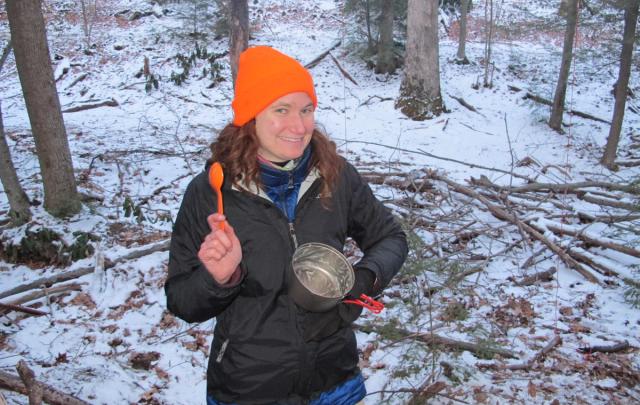
I realize that first-aid for teeth isn’t as exciting as more wilderness lifesaving procedures, like using a tourniquet or providing CPR, but, let’s face it, if your tooth happens to get knocked out — root and all — I’m going to bet that it’ll feel almost as important.
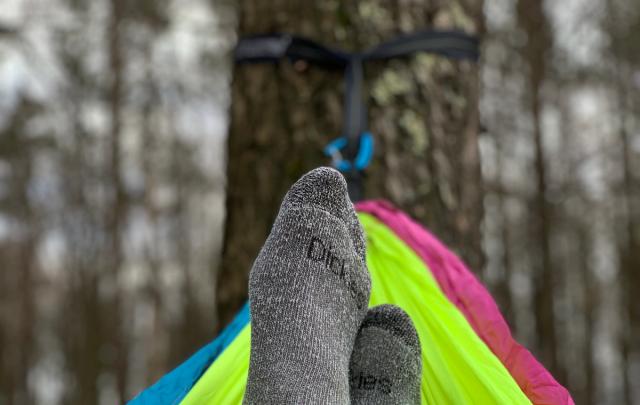
In my opinion, there is a huge difference between a survivalist and a survivor. The former tends to be continually preparing for some abstract catastrophe. The latter group, by contrast, tends to prepare for risks that are more reasonably foreseen by acquiring, not just applicable supplies and gear, but skills.
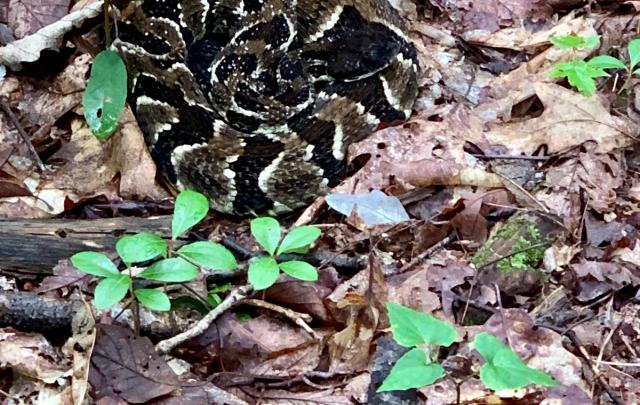
Regardless of the type of snake bite, the initial first aid is the same: make sure that the scene is safe, stop any major blood loss, clean the wound to minimize infection, and keep the patient calm and stable to reduce the effects of the venom.

While it’s certainly important to have proper training in wilderness first aid issues if you spend time in remote locations, what’s most valuable about having the necessary skills and knowledge isn’t so much about being able to treat a problem, but being able to prevent the problem in the first place.